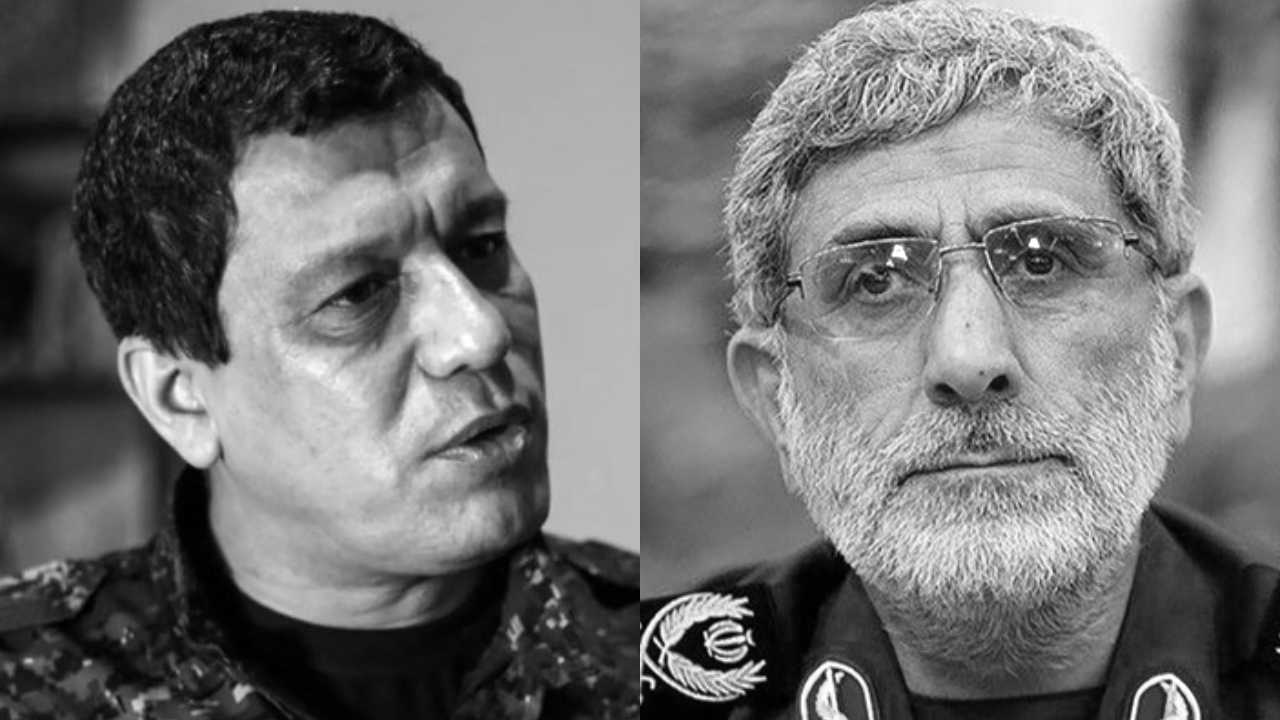
As Syria's dynamics shift, key actors such as Iran and the YPG terrorist group, considered "losers" in the changing landscape, are forming unexpected alliances as their influence wanes.
Iran’s Islamic Revolutionary Guard Corps Quds Force Commander Esmael Qaani met with MazloumAbdi, the ringleader of the YPG, a PKK-affiliated terrorist organization, at the residence of Patriotic Union of Kurdistan (PUK) leader Bafel Talabani in Sulaymaniyah, Iraq.
The meeting highlights Iran’s diminished role in Syria and the YPG’s growing uncertainty following the potential U.S. withdrawal from the region.
This unusual alignment underscores the challenges faced by both Iran and the YPG as they navigate a region undergoing significant geopolitical shifts. Analysts believe that Iran’s setbacks in Syria and the possibility of a U.S. military withdrawal are leaving these actors scrambling for new strategies to maintain their relevance.
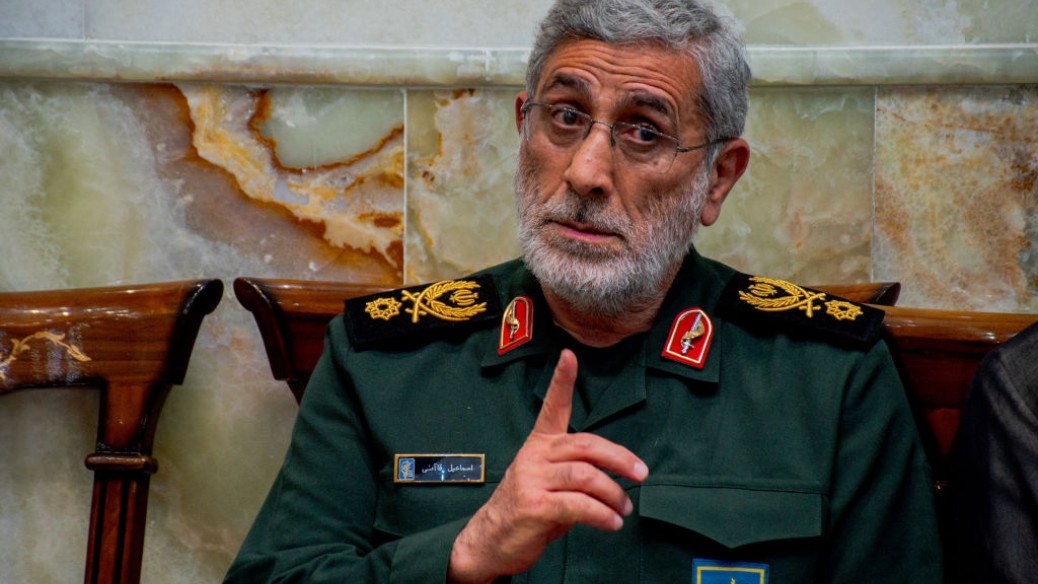
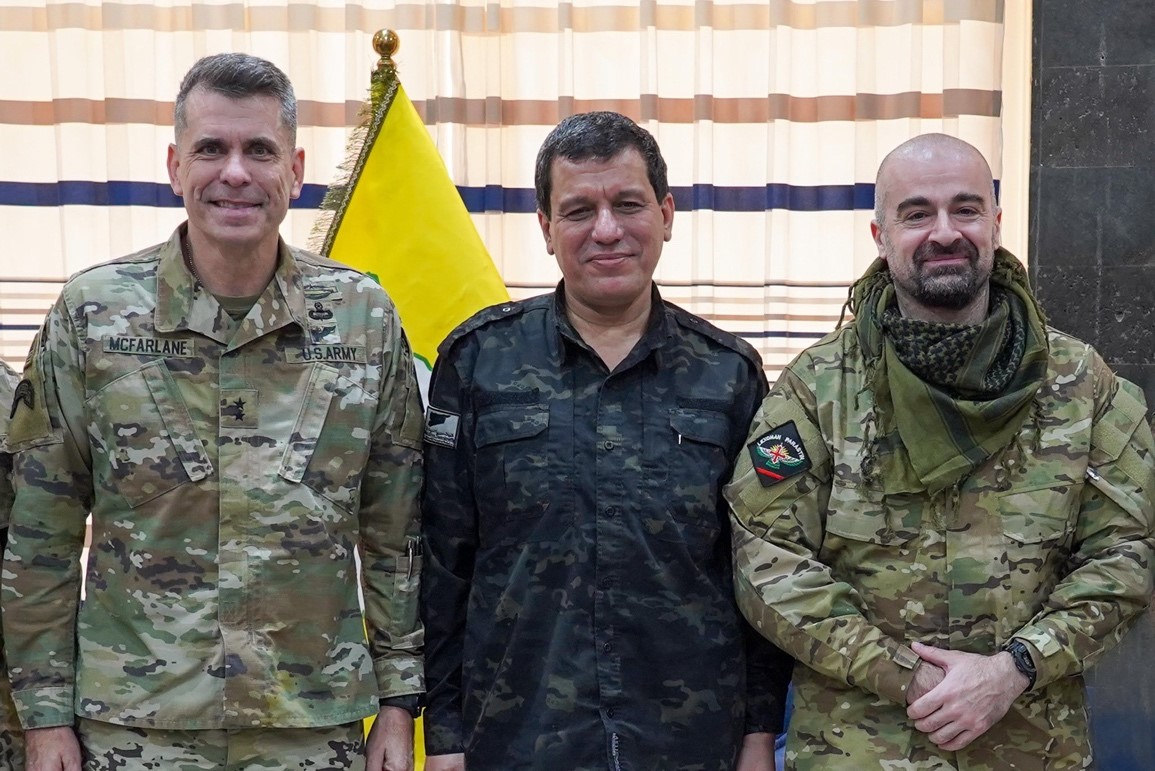
Iran’s dual-faced policies have always supported PKK operations. If Iran had genuinely cooperated with Türkiye, the PKK problem would not exist. Losing its bases and militias in Syria is disastrous for Iran, and a potential U.S. withdrawal will deepen its challenges.
Uluc Ozulker, retired ambassador
The YPG is trying to suggest that if the U.S. leaves, Iran will step in. However, any engagement between Iran and the YPG is likely short-term. Both sides view this as a relationship of convenience rather than a partnership.
Murat Aslan, SETA Senior Researcher, academician
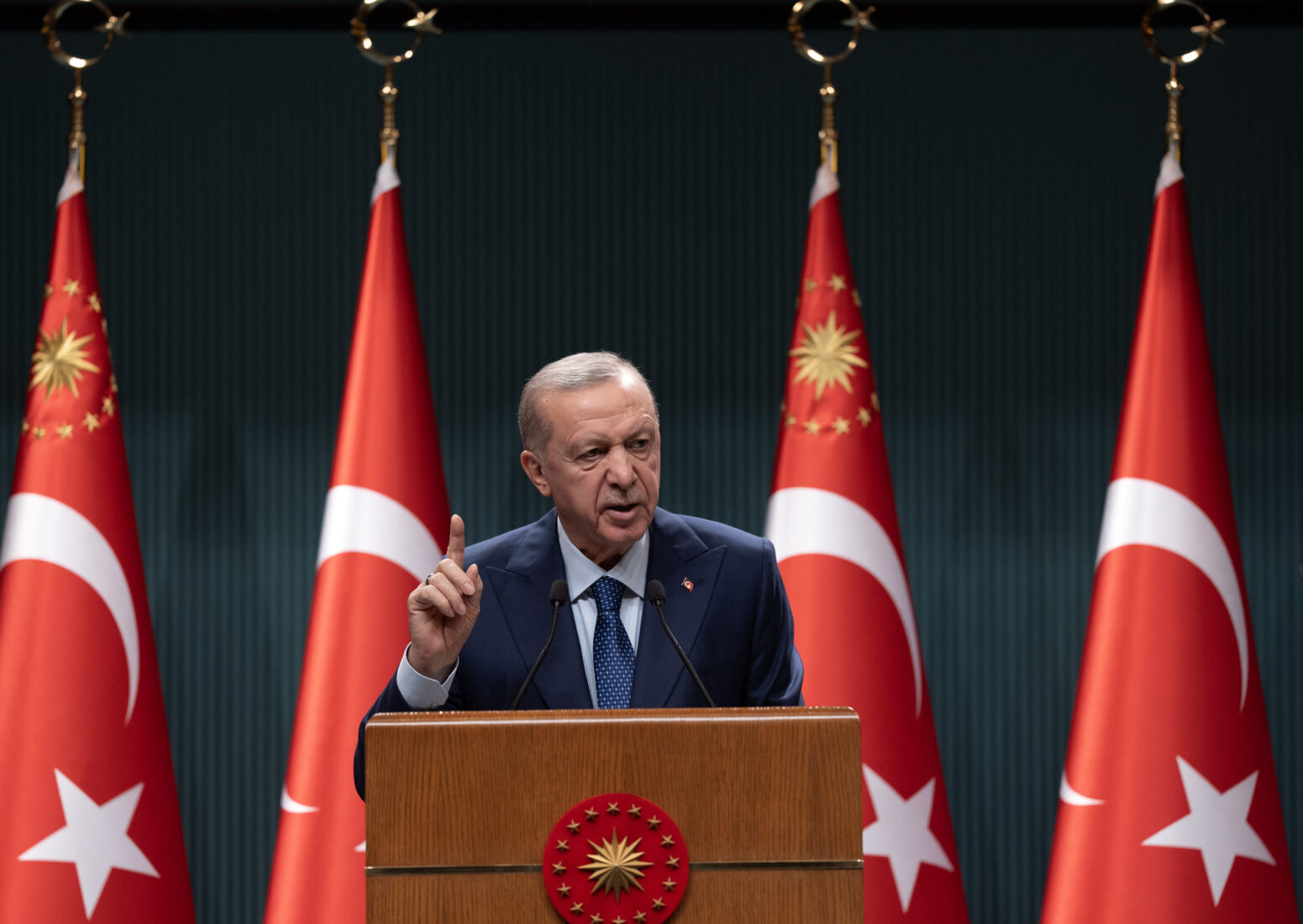
Türkiye remains steadfast in its efforts to prevent any terrorist presence along its southern border.
Türkiye has repeatedly demonstrated its unwavering resolve to protect its sovereignty. If necessary, we can act suddenly and decisively.
President Recep Tayyip Erdogan:
If expected measures against the YPG are not taken, Türkiye will act accordingly, including through military operations.
Foreign Minister Hakan Fidan
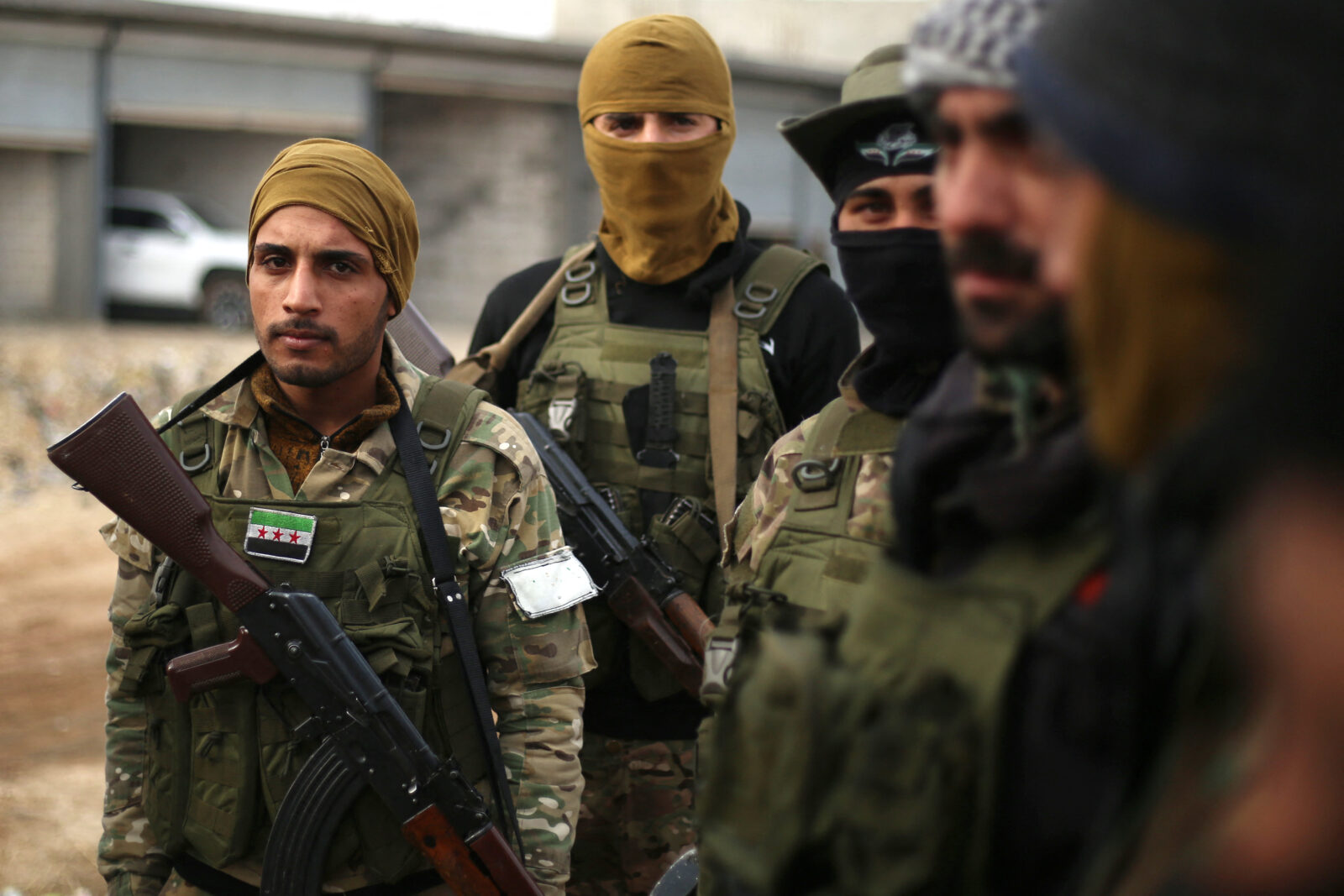
The Syrian National Army (SNA) has significantly increased its military deployments in the Peace Spring Operation area, focusing on Ayn al-Arab, Raqqa and Hassakeh. SNA commander Abu Abdullah Muhammad confirmed that all fronts are on high alert, with heavy weapons and reinforcements deployed to critical areas.
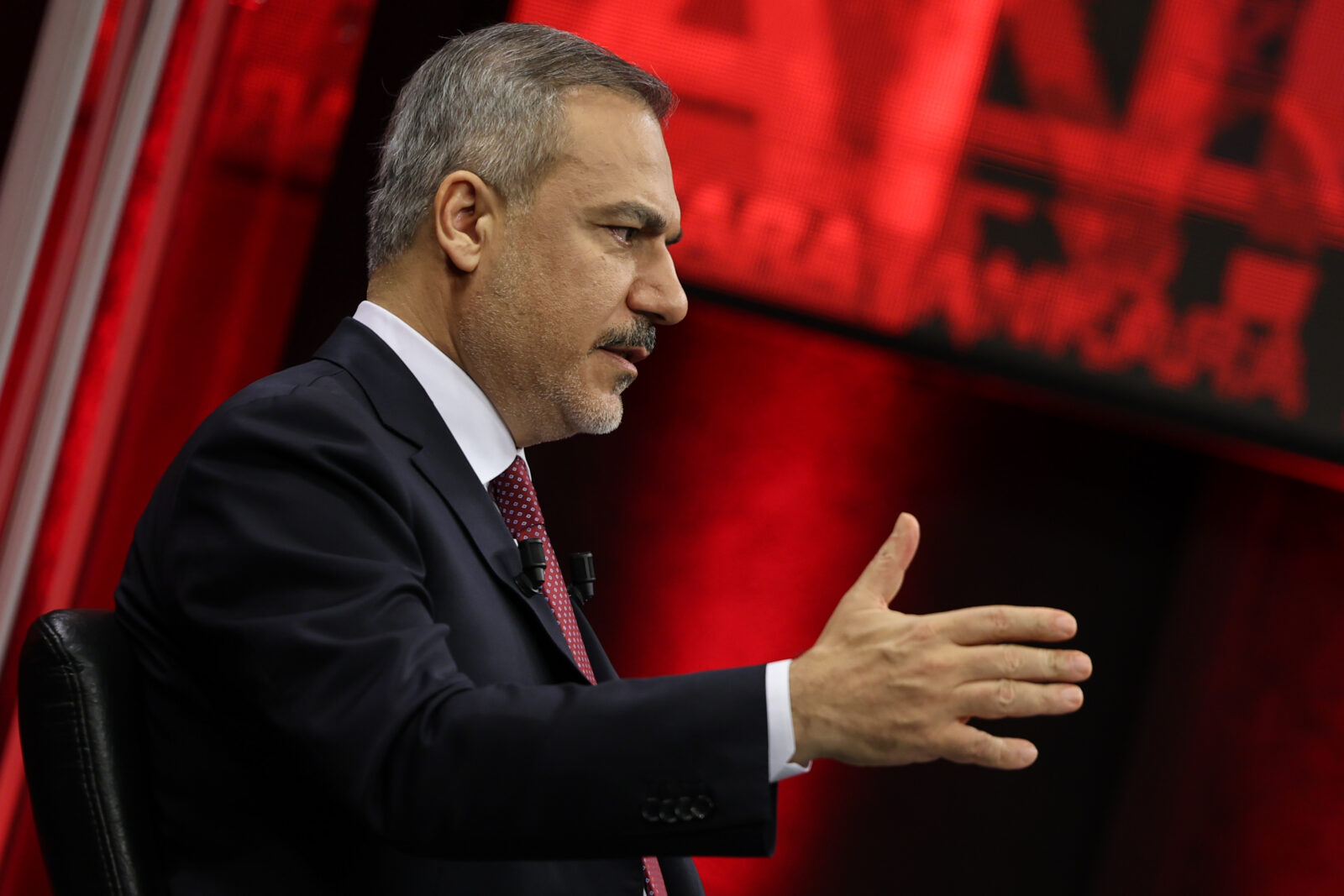
The evolving dynamics in Syria expose the struggles of Iran and the YPG terrorist organization to maintain their footholds amid geopolitical shifts. With Türkiye’s firm stance and military readiness, any vacuum left by a U.S. withdrawal could lead to heightened competition and further destabilization in the region.